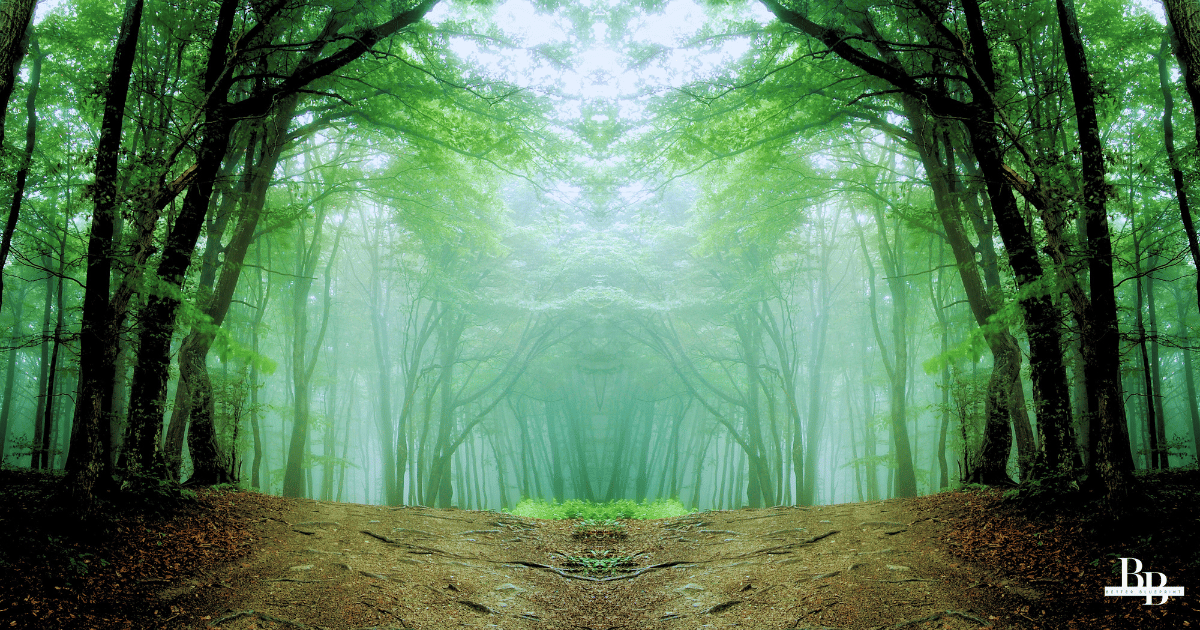- The Better Blueprint
- Posts
- The Better Blueprint
The Better Blueprint
No: 1513

When Doubt Knocks
The brush is rinsed. The draft saved. The nail tapped flush. For a moment, there’s silence. And then it arrives—an unease, small but sharp. A sentence feels too heavy. A corner not smooth enough. Something missing, though you can’t quite name it.
This is the moment most people mistake for failure. It isn’t. It’s your eyes adjusting to a higher light. The closer you get to the heart of good work, the more it shows you what’s absent. At the beginning, you couldn’t see it. Near the top, you can’t escape it. That is why the climb feels steepest at the summit.
The potter turning a cup, feeling the rim too thick. The carpenter running a hand over smooth wood, catching one last splinter. The singer humming the same bar in an empty hall. This isn’t despair. It is devotion. Love refusing to stop halfway.
Doubt, here, is not punishment. It is a compass. It keeps the work alive, reminding you to sand the edge, shift a word, make room for space. Excellence doesn’t arrive all at once; it is shaped by these small half-steps, again and again.
So when doubt knocks, don’t push it away. Sit with it. Listen. It’s not here to end the work. It’s here to show you where the work truly begins to live.
The Ground You Choose
The soil is damp. A seed is pressed in, almost forgotten. Days pass, and when you return, a small green thread has pushed its way upward—without your fussing, without your watch.
It’s easy to believe growth depends on constant tending: watering every day, shifting the pot, chasing the sun. But more often, it comes from choosing the right ground in the first place. A seed in poor soil will never thrive, no matter how hard you try. A seed in rich earth often thrives on its own.
Life works no differently. We spend so much energy pushing harder—longer hours, tighter schedules, endless fixing. But sometimes the question isn’t how much effort, but where the effort is placed. The right ground makes progress feel less like struggle, more like unfolding.
So pause and ask yourself: where is your energy better spent right now? In forcing what resists, or in planting yourself where the soil is ready?
A Great Quote
Book Review: “Fallen Leaves: Last Words on Life, Love, War, and God by Will Durant”
I picked up Fallen Leaves knowing it would be a kind of farewell. These were Will Durant’s last pages, gathered after a lifetime of study, travel, and watching the world change. What I found wasn’t a sermon, but something closer to sitting with an elder at dusk, someone who has lived long enough to see patterns repeat, and who now chooses honesty over certainty.
One line caught me like a splinter:
“The tragedy of life is that it gives us wisdom only when it has stolen youth.”
There is no bitterness in those words, only the quiet recognition that wisdom and strength rarely arrive together. How often we wish we had known earlier what now feels so clear. Yet maybe that is the rhythm of things: youth runs, age remembers, and somewhere between the two, we find our measure.
Another passage turned the page back on me:
“Nothing learned from a book is worth anything until it is used and verified in life; only then does it begin to affect behavior and desire. It is Life that educates, and perhaps love more than anything else in life.”
For someone who wrote millions of words, it’s striking that he places life and love above all study. He seems to whisper: don’t just gather truths, live them, test them, let them bruise you into shape.
Some views belong to his era, brittle with the limits of his time. Yet even those remind us that wisdom grows out of its soil, and that each generation must choose what to keep, what to return to the earth.
Reading Fallen Leaves feels like walking slowly under trees in late autumn. The air is thin, the ground littered with what has fallen, but each leaf carries the trace of the season it lived through. You don’t read this book for answers. You read it to be reminded that even after a life of learning, the most honest conclusion may be: I am still a seeker.
P.S.: If this newsletter brought you calm, pass it on to someone who’d enjoy the silence too.
About : Every two weeks, I sit down to write a quiet note: something like a pause in the middle of a restless day. Inside, you’ll find small reflections on change and growth, a line or two that lingers in the heart, and a book that has left me seeing the world a little differently.
Think of it less as a publication and more as a letter with the kind of words that steady us when the world moves too fast.